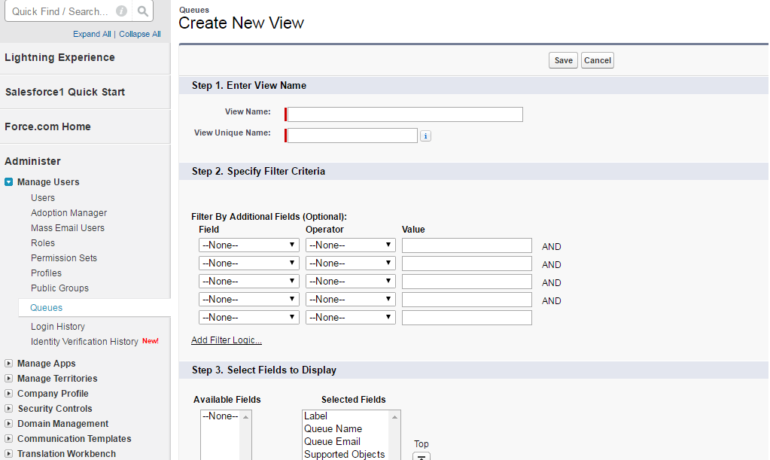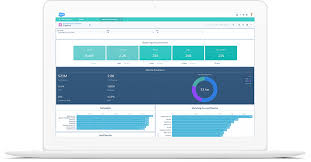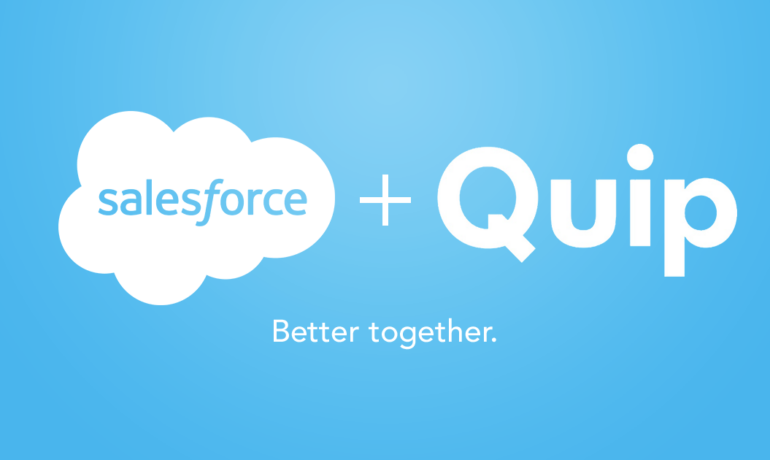Creating Salesforce Queues for Effective Case Management
Enhancing Support Management through Case Queues: A Practical Example Salesforce Queues for Case Management put the cases in front of the proper teams in multiple Salesforce industry solutions. Scenario: Sunshine Electronics, a leading electronics retailer, is committed to refining its customer support procedures by effectively handling incoming cases and inquiries. The company aims to ensure that cases are directed to the suitable support teams based on their complexity and nature. Additionally, there is a focus on streamlining the process for managing general inquiries. Solution: In response to the requirements of Sunshine Electronics, the following solution has been implemented: Establishing Case Queues: Sunshine Electronics has created two case queues, namely “Technical Support Tier 1” and “Technical Support Tier 2.” These queues serve the purpose of managing technical support cases based on their complexity levels. “Technical Support Tier 1” is dedicated to handling less complex cases, while “Technical Support Tier 2” deals with more advanced or challenging cases. Both queues are linked to the Case object and have designated email addresses for receiving notifications related to case updates. Assigning Queue Members: Qualified members of the support team are strategically assigned to the appropriate case queues based on their expertise in handling technical support inquiries. The system administrator ensures that the right team members are added to both the “Technical Support Tier 1” and “Technical Support Tier 2” queues, ensuring that each queue possesses the necessary expertise for efficient case resolution. Introduction of the General Inquiry Queue: To efficiently manage non-technical inquiries and general customer questions, Sunshine Electronics has introduced a dedicated “General Inquiry” queue. This queue is specifically tailored to address inquiries that do not require technical support. It is associated with the Case object and possesses a designated email address for receiving notifications related to general inquiries. Sarah Johnson, a knowledgeable team member, is designated as the sole member of the “General Inquiry” queue. Salesforce Queues for Case Management By implementing these case queues and corresponding assignment rules, Sunshine Electronics has successfully streamlined its case management process. Cases are automatically directed to the appropriate queues based on their complexity and nature, allowing for efficient handling by the designated support teams. The introduction of the “General Inquiry” queue ensures prompt responses to non-technical inquiries, contributing to improved response times, proper case allocation, and enhanced customer satisfaction for Sunshine Electronics. Content updated October 2023. Like1 Related Posts Health Cloud Brings Healthcare Transformation Following swiftly after last week’s successful launch of Financial Services Cloud, Salesforce has announced the second installment in its series Read more 50 Advantages of Salesforce Sales Cloud According to the Salesforce 2017 State of Service report, 85% of executives with service oversight identify customer service as a Read more CRM Cloud Salesforce What is a CRM Cloud Salesforce? Salesforce Service Cloud is a customer relationship management (CRM) platform for Salesforce clients to Read more Marketing Cloud Account Engagement and Salesforce Campaigns The interplay between Account Engagement and Salesforce Campaigns often sparks confusion and frustration among users. In this insight, we’ll demystify Read more









